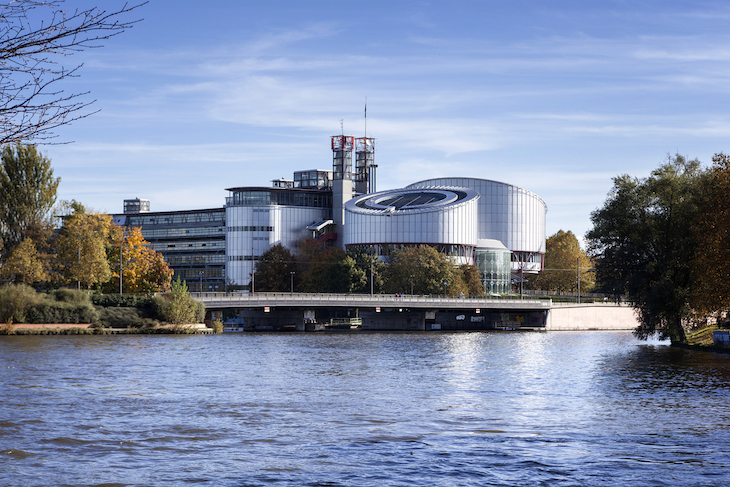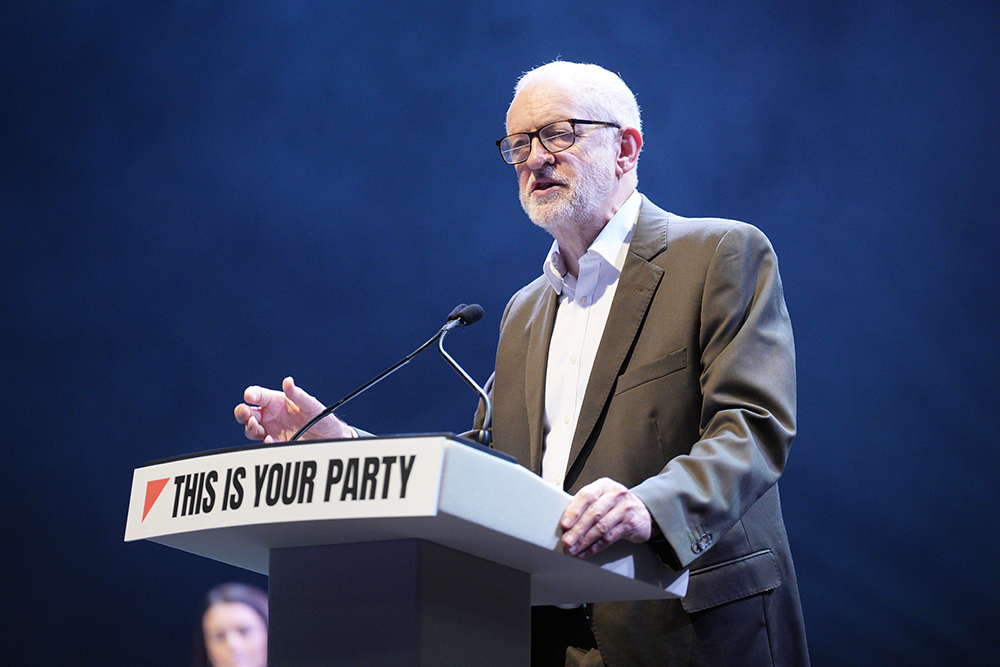The media and the middle class may love net zero. Unfortunately, it is increasingly clear that voters are less keen. Predictably then, activists have been trying to take as much power as possible away from elected representatives, transferring it instead to international courts and judges. This morning, this programme of lawfare scored a major success in the European Court of Human Rights.
Every yard gained by a well-meaning extension of the ECHR is a yard lost to the democratic process
Some months ago, three high-profile cases reached the Court where the claimants suggested that climate change was a European human rights matter. A concerned Frenchman, a number of Swiss activists and an active Swiss female pensioners’ environmentalist organisation, the Verein KlimaSeniorinnen Schweiz, argued that in failing to take adequate steps to halt climate change, France and Switzerland had violated their right to private and family life – and their right to life itself. Even more ambitiously, a group of youth activists from Portugal sought similar relief against not only Portugal but all the other states in Europe, including the UK, by arguing that they were likely to be affected by cross-border climatic effects.
Most of these claims failed on what are best described as technicalities: the individual French and Swiss claimants and the Portuguese contingent on the basis that they were not particularly affected, and the latter because the court also declined to take on the role of pan-European environmental protector. But one succeeded. The Swiss pensioner pressure-group could, the court said, speak for elderly environmentalists. Further, at the very least there was a threat to their right to family and private life under article 8 of the ECHR. Switzerland had to do better, the court said.
This outcome, the first time Strasbourg has promoted climate change to human rights status, has environmental activists dancing for joy. It should nevertheless worry any sober observer.
For one thing, although this result nominally depends on a progressive interpretation of the right to a private life (of which there is a long history in Strasbourg jurisprudence) in practice the Strasbourg judges have simply magicked an entirely new human right out of thin air – as, to his credit, the British judge pointed out in a brave dissent. This will not do. By all means let us have a new treaty on environmental rights if that is what European governments want. What is not right is the imposition of a wide-ranging Europe-wide environmental duty by the fiat of 17 transnational judges taking their cue from the European great and good and extracting environmental rights from a document that makes no reference to them whatsoever.
We also have to remember a further awkward fact. Since ECHR rights must be applied irrespective of elected politicians’ views, every one of them comes at the expense of democracy. In extreme cases this is right: however big the majority that wants it, states shouldn’t deliberately murder or torture their citizens, or clamp down on all religious freedom. But outside these areas, every yard gained by a well-meaning extension of the ECHR is a yard lost to the democratic process.
With environmental rights now promoted by Strasbourg, this is dubious. Whatever the comfortably off say about the need to do our environmental bit, the just-about-managing at the sharp end may well remain obstinately unimpressed. Will they really be glad to be told they have to give up well-paying jobs, cheap and reliable cars, heating they can trust, or holidays abroad? Very probably not. They have a right to have their views heard.
Indeed, it goes further. An elected government that primly tells you to abandon your old car and ditch your boiler for a temperamental and expensive heat-pump can be ejected. But if it’s because of a judgment from Strasbourg, and all parties agree that such judgments must be obeyed whether the voters like them or not, the mood may turn ugly. If you genuinely can’t get a measure past an obstinate electorate, it’s probably wiser not to try. Climate change may well be a classic case. Strasbourg, are you listening?







Comments